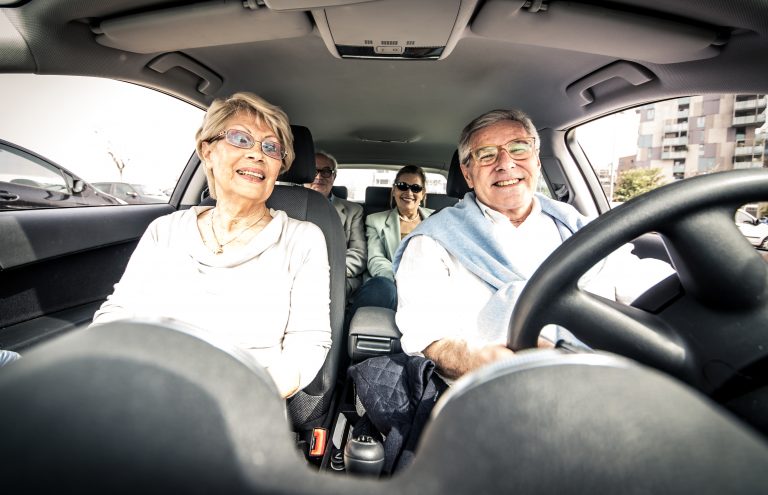Clemson Computing, Inclusion, And Identity Program (CCII)
Our research will engage Black-identifying undergraduate students. There is a considerable gap in the participation of Black students in research vs. their White counterparts, especially in doctoral programs. According to the Pew Center, Black students accounted for only 7% of research doctorates in Computer Science during the 2017-2018 year vs. 60% for White students and 13% for Asian students [1]. According to the 2020 Taulbee Survey, Black students represent only 1.7% of new Ph.D. students in Computer and Information Science and Engineering (CISE) fields, vs. 64.9% of Non-resident Alien students and 21.2% White students [2]. From the same survey, only 1.4% of CISE PhDs were awarded to Black students vs. 64.6% for Non-resident Alien students and 22% for White students. Hence, it is critical to focus efforts to improve Black students’ participation in computing research
- Where114 McAdams Hall,Clemson University
- Statusongoing







